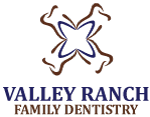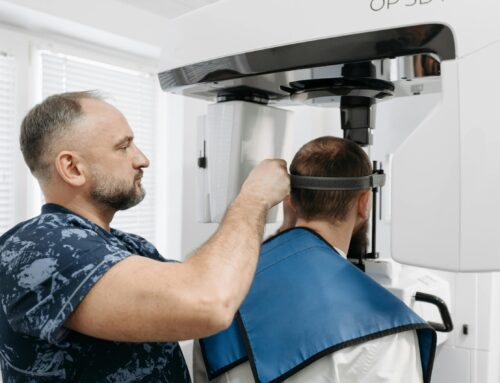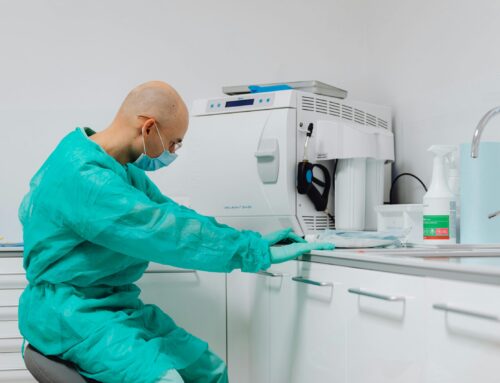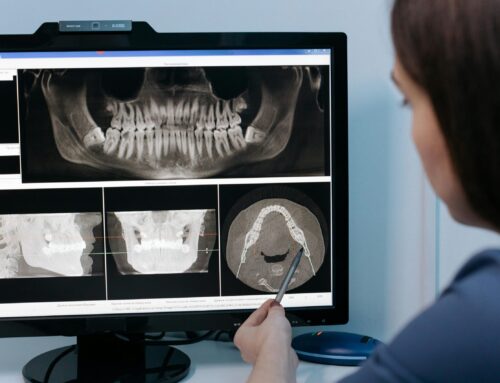The connection between your digestive health and oral health is closer than you think. The mouth is the gateway to your digestive system and any issues in your gut can show up in your mouth. And poor oral hygiene can have ripple effects on your gut. Knowing this can help you stay healthier and address problems before they become big.
How Digestive Health Affects Oral Health
Acid Reflux (GERD) and Tooth Enamel
Acid reflux (GERD) happens when stomach acid flows back into the esophagus and sometimes into the mouth. This acid can eat away at tooth enamel causing sensitivity, discoloration and cavities. Over time it can lead to serious dental problems like decay and weak teeth. Regular dental check-ups can catch signs of acid reflux early and prompt a conversation with your doctor about managing GERD.
Inflammatory Bowel Disease (IBD)
Conditions like Crohn’s and ulcerative colitis (IBD) can have oral manifestations. Mouth sores, swollen gums and bad breath are common symptoms of these GI disorders. In some cases oral symptoms can show up before digestive issues and be an early warning sign. If you have persistent oral sores or gum inflammation you may want to see both your dentist and a GI specialist.
Nutrient Absorption Issues
GI disorders that affect nutrient absorption like celiac disease can lead to vitamin and mineral deficiencies. These deficiencies often show up as oral health issues like gum disease, delayed healing or a burning sensation in the mouth. Proper digestion and absorption is key to having strong teeth and healthy gums.
Oral Health Affects Digestive Health
The Oral Microbiome
The oral microbiome, the community of bacteria in your mouth, is key to your overall health. Poor oral hygiene can lead to an overgrowth of bad bacteria which can travel to your gut and disrupt its microbiome. This imbalance can cause stomach ulcers or systemic inflammation.
Chewing and Digestion
Digestion starts in the mouth. Chewing breaks down food into smaller pieces and mixes it with saliva to prepare it for digestion. Dental issues like missing teeth, pain or misalignment can impede proper chewing and put extra stress on your digestive system and cause discomfort or poor nutrient absorption.
How to Stay Healthy Oral and Digestive
- Eat a Balanced Diet: Eat a fiber rich diet with plenty of fruits, vegetables and whole grains and benefit both oral and digestive health. These foods promote saliva production which protects teeth and feed good bacteria in the gut. Limit sugary and acidic foods that can harm your teeth and gut.
- Regular Check-Ups: Regular dental visits can catch oral issues that may be signs of underlying digestive problems. And seeking medical attention for digestive issues can prevent complications that can show up in your mouth. Regular screenings like those offered by ColonoscopyAssist are key to digestive health.
- Good Oral Hygiene: Brushing twice a day, flossing and using mouthwash are the basics of oral health. These habits also prevent bad bacteria from entering your digestive system and reduce the risk of systemic health issues.
How ColonoscopyAssist Can Help
If you have digestive issues that affect your oral health, you need to address the root cause. ColonoscopyAssist offers affordable, transparent pricing for diagnostic procedures like colonoscopies and upper endoscopies. With a nationwide network of accredited facilities you can get the care you need fast and easy.
Whether you have GERD, IBD or nutrient absorption issues, ColonoscopyAssist has the tools and resources to help you manage your digestive health. By addressing these issues at the source you can also protect your oral health and have a healthier smile and happier gut.
Bottom Line
Oral and digestive health are connected and one often supports the other. By recognizing the signs of digestive issues in your mouth and getting professional help you can prevent complications and overall better health.






